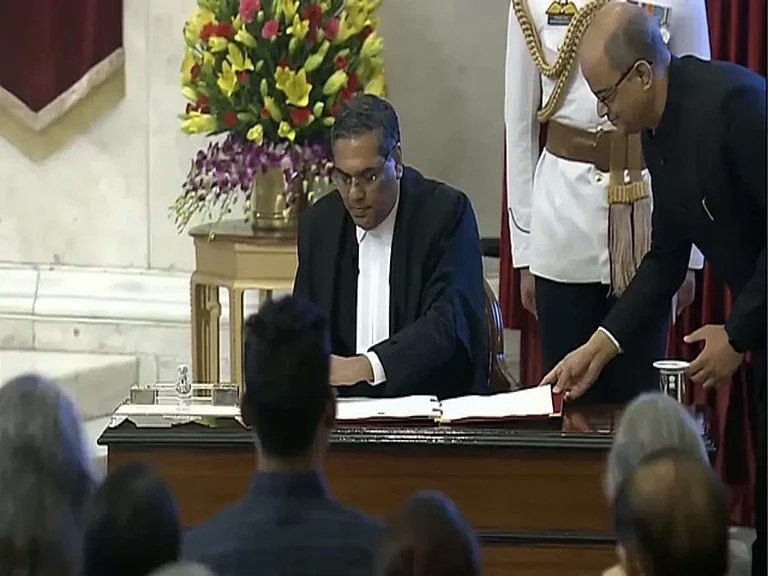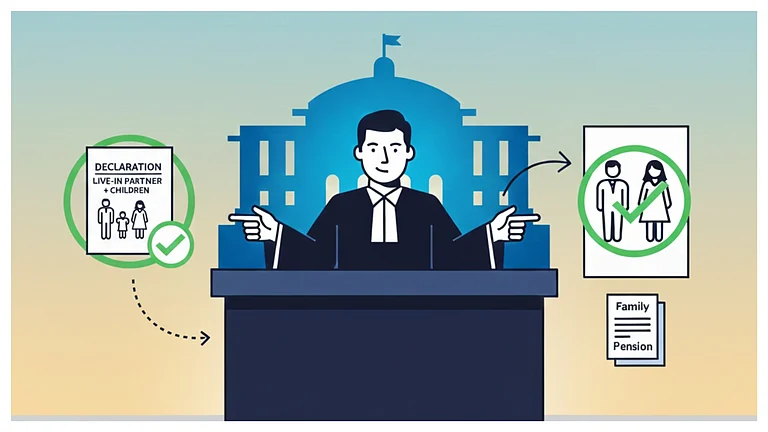The Supreme Court of India rendered a significant judgment on May 19, 2025, about pension payments to retired judges of High Courts. The bench comprising Chief Justice of India (CJI) BR Gavai, Justice AG Masih, and Justice K Vinod Chandran, held that the ‘one rank one pension (OROP)’ principle is to be followed for all retired high court judges. The principle entitles them to a full and equal pension irrespective of their date of entry into service or whether they were recruited from the judicial service or picked up from the bar.
The bench held that all judges are entitled to a minimum pension of Rs 13.65 lakh per annum. If they are paid a lower pension than this, it will be a violation of Article 14 of the Constitution of India.
The court also held that whether a judge is covered under the old pension scheme or the new pension, there should be no discrimination in deciding pension benefits.
The Supreme Court also passed a set of directions for the union government regarding high court judges’ pensions:
• A retired chief justice is entitled to a full pension of Rs 15 lakh annually
• All the other retired High Court judges, including the retired Additional Judges (except the Chief Justice of the High Court), are entitled to Rs 13.50 lakh per annum
• The OROP principle must apply to all retired High Court judges regarding their pension payments. This is applicable irrespective of when they joined the service, how many years they served as district or High Court judge, or whether they come from the judiciary or the bar. They all are entitled to receive a full pension
• A full pension must be paid to a retired judge from a High Court who served as a District Judge earlier. Any break in service between retirement as a District Judge and taking charge as a high court judge should not matter for pension benefits
• A retired High Court judge (who served as District Judge previously and joined after the contributory pension system (National Pension System ‘NPS’) was implemented will be entitled to a full pension
• The court directed the state governments to return the entire contributed amount towards NPS by such judges and also payback the any accrued dividend if there is any
• If a High Court judge, whether permanent or additional, dies in harness, the widow or the legal heirs of the judge will be entitled to a family pension
• The widow or the legal heirs will also be entitled to receive gratuity in case of death of a judge while in service for the period of service undergone. In such cases, a minimum qualifying period will not be considered
• The allowances, including the provident fund, leave encashment, and pension commutation, will be paid to the High Court judges as given under the High Court Judges (Salaries and Conditions of Service) Act 1954.

















